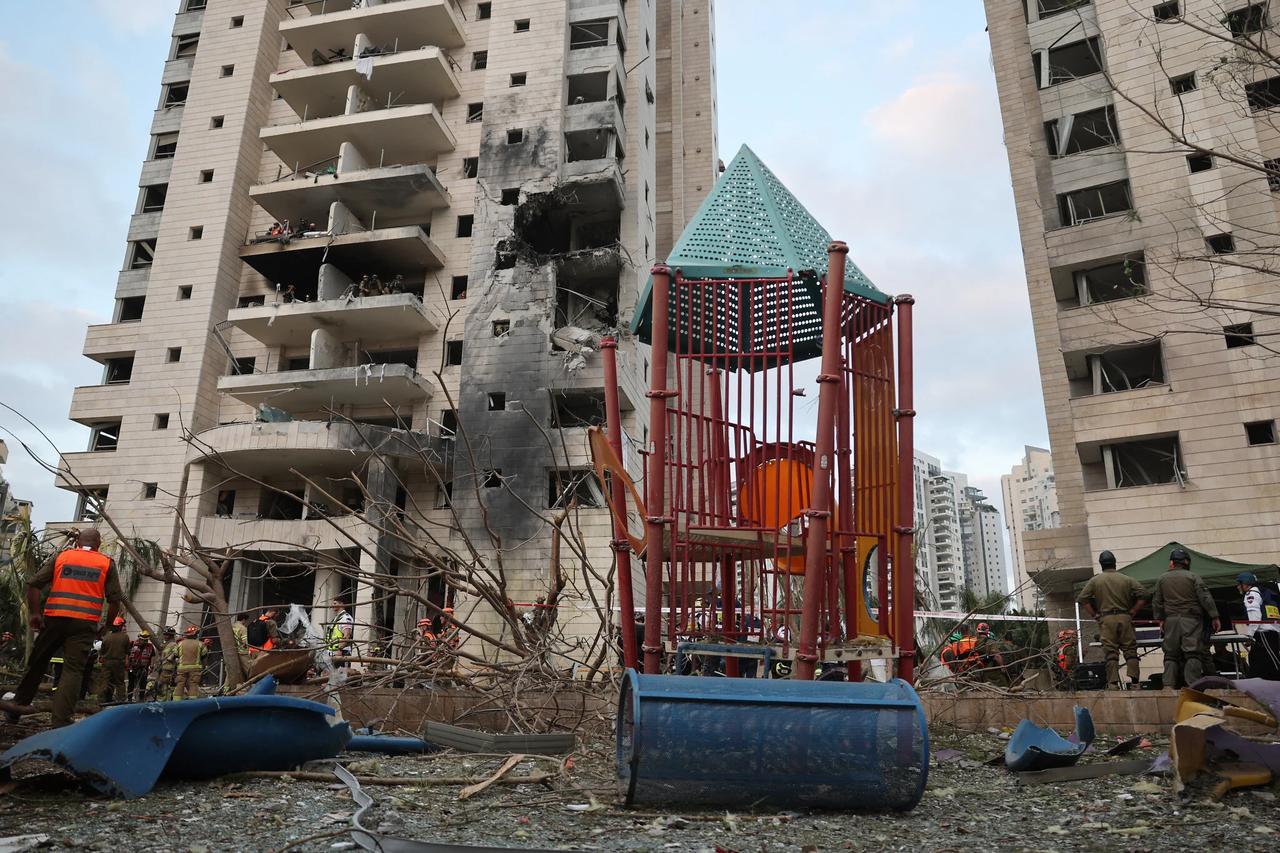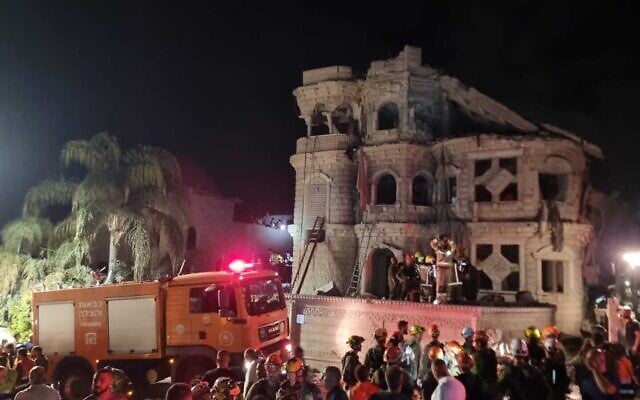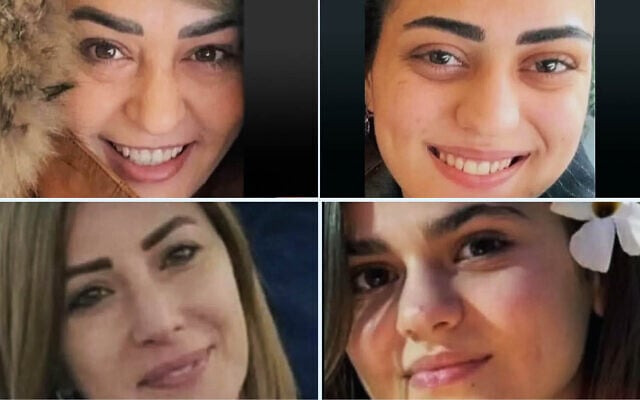
On Saturday night, Iran launched a barrage of ballistic missiles toward Israel, marking a turning point in its retaliation for the recent escalation round following Israeli waves of attack.
One of the missiles struck the Arab-Israeli city of Tamra, located east of Haifa, killing four women and injuring approximately 10 others. The strike, occurring just after 11 p.m., was the first such attack since the early morning hours and prompted alerts across northern Israel.
The victims were identified as Manar Khatib, her daughters Hala (20) and Shada (13), and another relative also named Manar Khatib, who was married into the family. Among the deceased was Shada Khatib, a second-year law student described by her university professors as a bright and thoughtful academic talent with a promising future.
The deaths in Tamra have reignited debates over equity, citizenship, and the responsibilities of the state during wartime.

The missile that hit Tamra destroyed a two-story home, underscoring long-standing concerns among Arab citizens in Israel about unequal civil protection. Despite national laws requiring new buildings to include bomb-safe rooms since the 1990s, many Arab-majority municipalities remain critically underprotected. Unlike in most Jewish-majority areas—where public shelters are more widely available—residents in Arab towns frequently lack access to secure shelters.
These disparities have been previously documented. A 2024 report by the Israel Democracy Institute cited a 2018 State Comptroller’s audit, which found that only 11 of 71 Arab local authorities examined had public bomb shelters. Residents and civil society groups have consistently raised alarms over the lack of infrastructure investment in Arab towns, especially regarding emergency preparedness.

Further intensifying public grief and outrage was a video that circulated widely on social media on the night of the attack. The clip showed members of a Jewish-Israeli family appearing to celebrate as missiles landed in Tamra. One individual shouted, “On the village, on the village!” before the group broke into the chant “May your village burn,” a phrase widely recognized as anti-Arab.
The footage drew condemnation from across Israeli society, with commentators and officials denouncing the reaction as hateful and dehumanizing. The video renewed calls for addressing systemic inequalities in civil defense and for confronting societal divisions between Jewish and Arab citizens.
The missile strike in Tamra highlights a broader issue in Israeli civil defense policy: the unequal allocation of protective infrastructure. While the state maintains robust systems for alerting and sheltering residents in most Jewish-majority cities, Arab towns are often left exposed. This discrepancy has deepened feelings of marginalization and neglect among Arab citizens, who make up around 20% of Israel’s population.
Experts have pointed out that this inequality is not merely the result of local governance failures but also reflects deeper structural and political divides. The incident in Tamra and the lack of proper protective facilities there have renewed scrutiny over whether Israel’s emergency preparedness systems are being applied equitably.